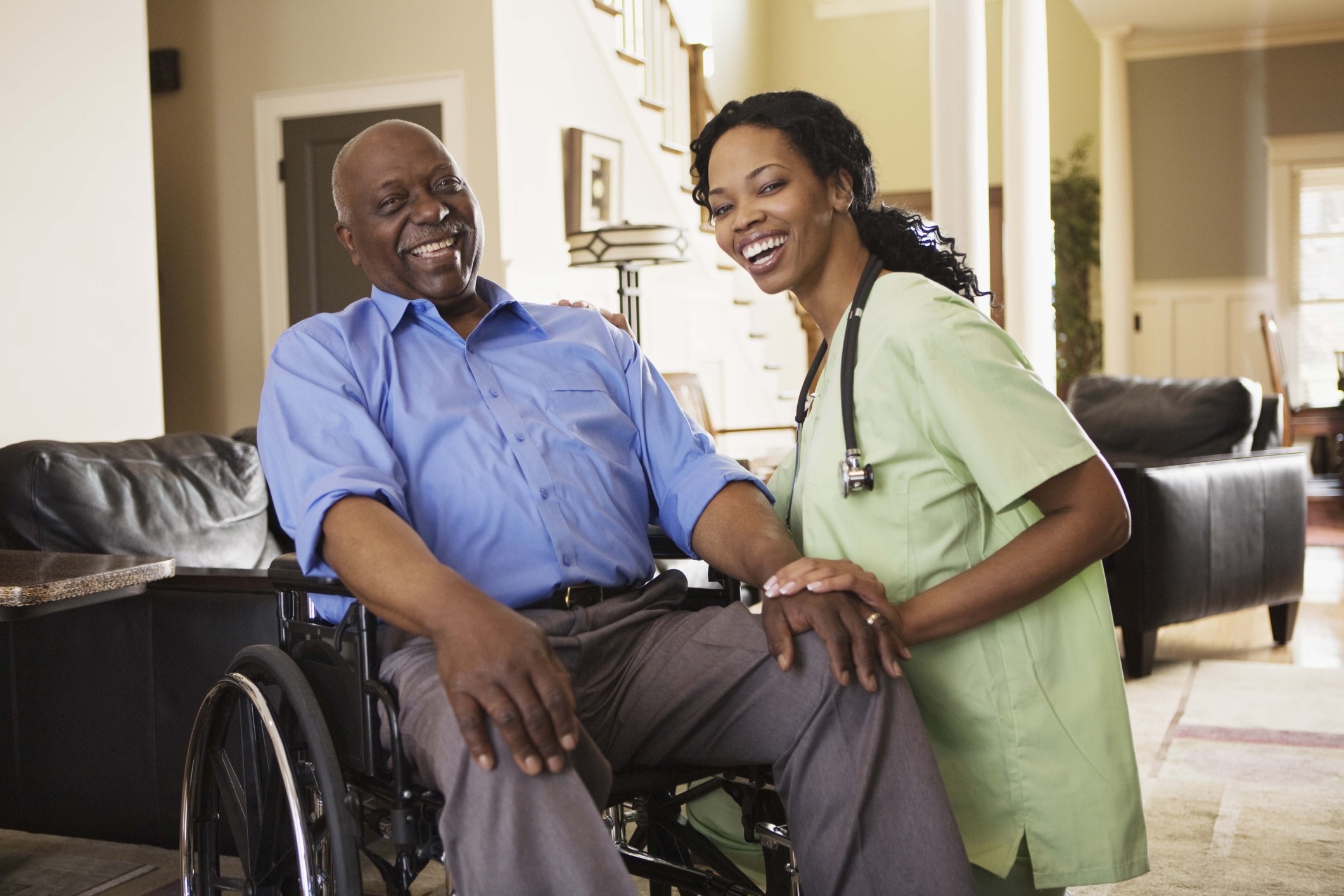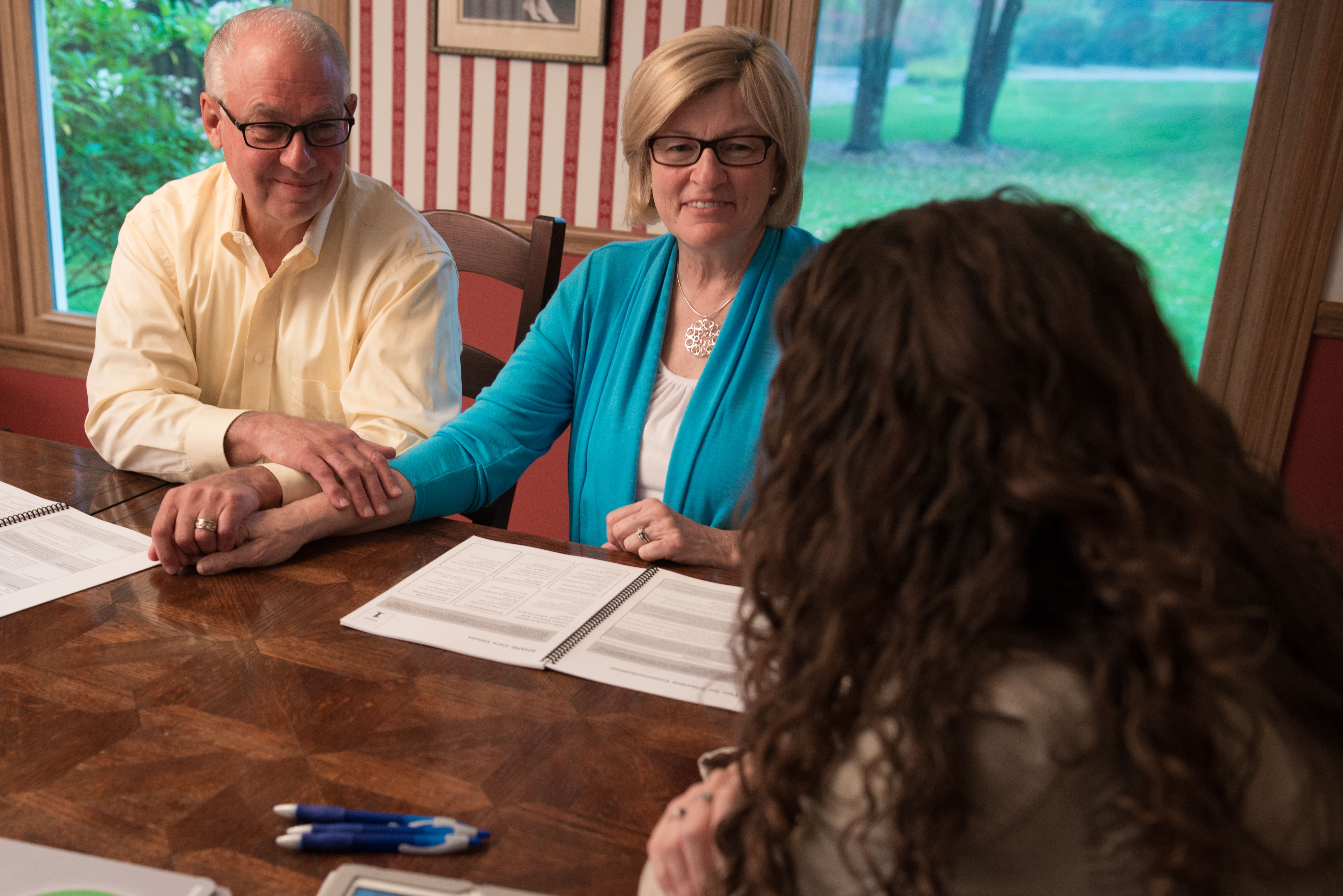Resources
Mobile Resource Library Tabs
Filters
Search
Categories Navigation
Asset Publisher
Content with Topic Health and Wellness Services .
Resources

Sexually Transmitted Diseases in Older Adults
It may strike some as surprising, but the rates of sexually transmitted disease (STD) in older adults are rising. Older people who are sexually active may be at risk for diseases such as syphilis, gonorrhea, chlamydial infection, genital herpes, hepatitis B, genital warts and trichomoniasis.
Read More06/12/2019

5 Tips for Preparing for a Doctor’s Visit
Doctor’s visits can oftentimes feel one-sided. We may schedule a visit with a physician to discuss an area of concern we have, or to receive a necessary treatment. However, the doctor may ask some questions, perform an exam, provide a diagnosis and write a prescription, leaving very limited time, if any, for us to ask our own sets of questions, or to discuss our areas of greatest importance. These days, it may feel like even less time is spent with our physicians than ever before, resulting in less engagement and even more unanswered questions. Because of this, preparing for each doctor’s visit is essential to ensure our questions are answered, concerns are addressed, and the best health decisions are made according to our needs.
Read MoreBy Christine Foley | 06/12/2019

Planning for the Future after a Dementia Diagnosis: Why Working Together Is Important
If we are caring for a loved one who has recently been diagnosed with dementia or a related disorder such as Alzheimer’s Disease, it can feel devastating. Often, families avoid having discussions with their loved one about what the diagnosis could mean for their future out of fear. As the disease progresses over time, we may find ourselves as a caregiver in the position of making important care or health-related decisions for a loved one in a time of crisis, even if we have never previously discussed with our loved one what kind of care they would prefer. As a result, we may feel guilty about having to make decisions on our loved one’s behalf, without prior knowledge of their care values and preferences.
Read MoreBy Silvia Orsulic-Jeras | 06/12/2019

Where Can I Turn for Help?
When we begin caring for a loved one with a chronic health condition, it can be difficult to ask for help. We may not know whom to ask for support, or worry about being perceived as unable to manage all of our responsibilities. Locating available resources and information can be challenging and overwhelming, but understanding where to turn for quality services and information to support us throughout our caregiving journey is important. We can start by surfing the internet, but these searches often give us too much information, and it can be hard to determine what is accurate and trustworthy.
Read MoreBy Jennifer Cardellini | 06/11/2019

A Caregiver’s Journey Through Hospice Care
There are many misconceptions about hospice care in the United States. When my mom’s cancer became a terminal diagnosis, I was grateful that I had a working knowledge of hospice services so my family and I could focus on her quality of life and pain management as she entered into her life’s final journey. Here are some useful pieces of information that may help us and our loved one make an informed decision about whether hospice may be an appropriate option for our loved one’s end-of-life care.
Read MoreBy Sara Powers, PhD | 06/11/2019
